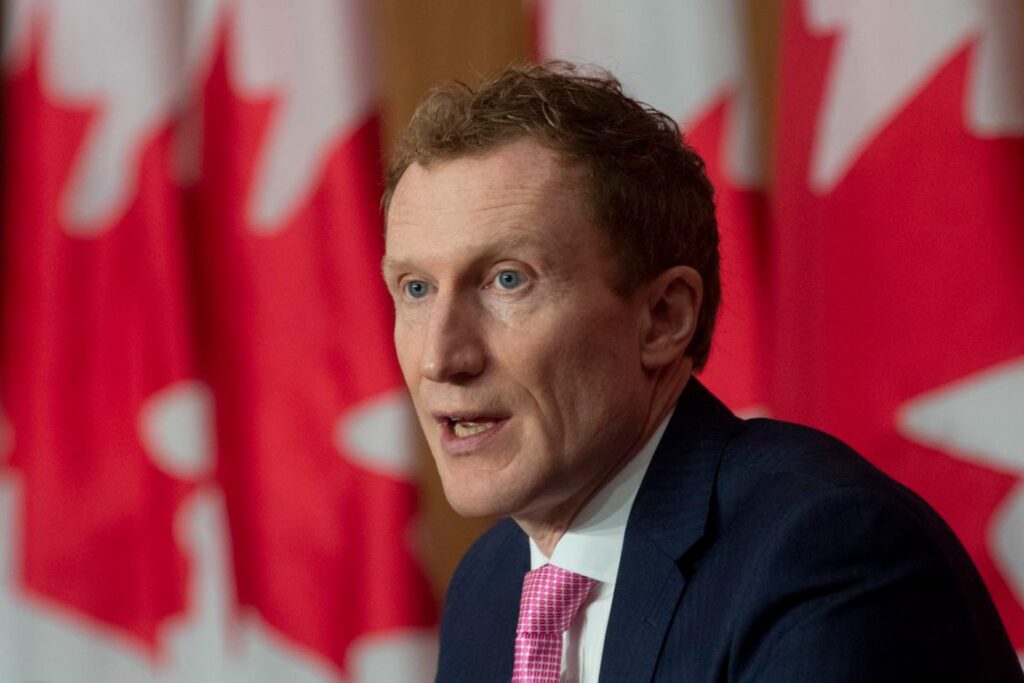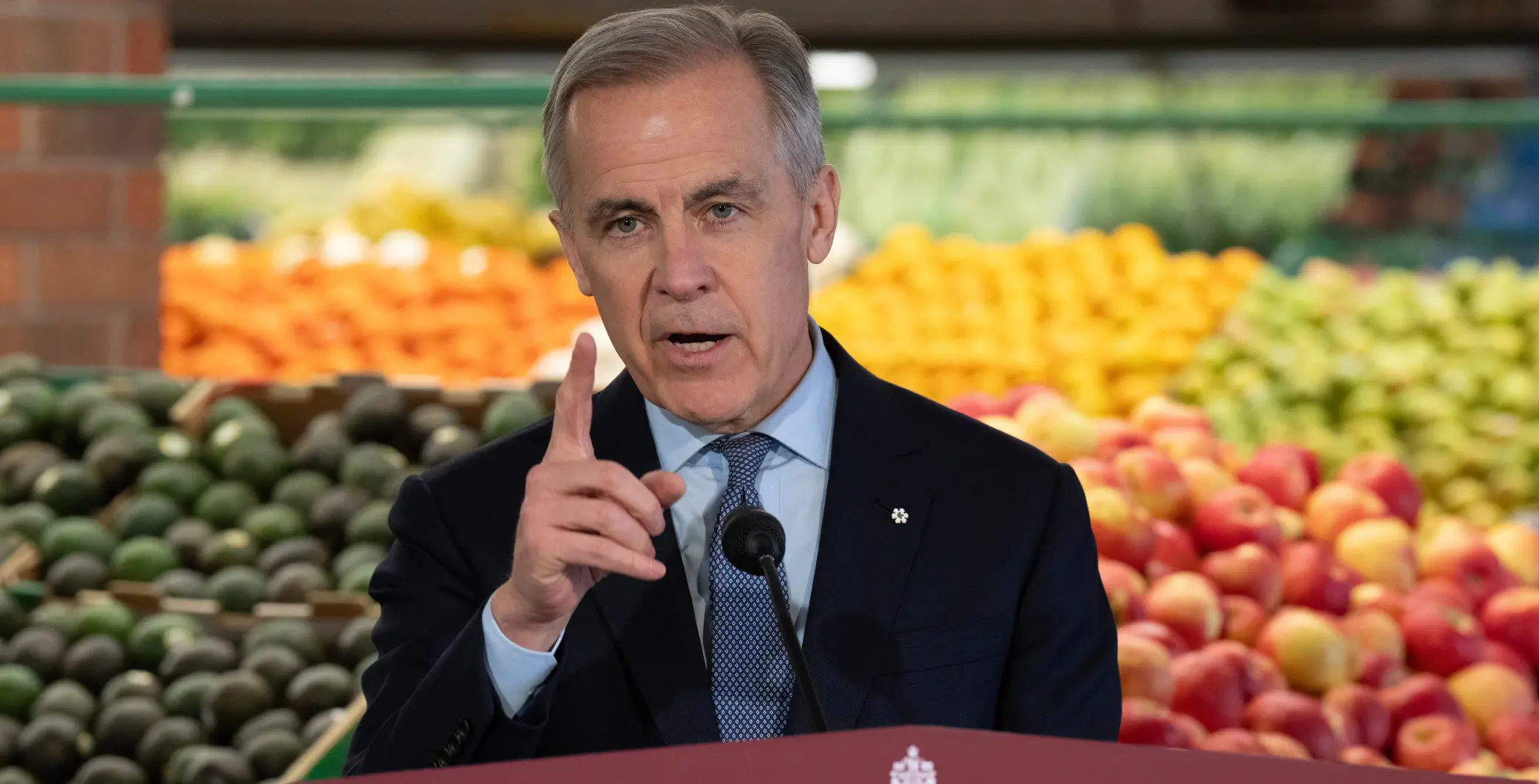Immigration Minister Marc Miller announced that Ottawa will reduce visa permits by 35 per cent next year in a bid to slow foreign enrollment for the next two years. (Courtesy: National Newcomer Navigation Network)
______
Canada is limiting how many international students can come to the country to further their education.
Immigration Minister Marc Miller announced that Ottawa will reduce visa permits by 35 per cent next year in a bid to slow foreign enrollment for the next two years. For 2024, it’s expected that approximately 360,000 permits will be approved.
“International students are vital to Canada and enrich our communities. As such, we have an obligation to ensure that they have access to the resources they need for an enriching academic experience. In Canada, today, this isn’t always the case,” Miller said in a press release issued Monday.
“Today, we are announcing additional measures to protect a system that has become so lucrative that it has opened a path for its abuse. Enough is enough. Through the decisive measures announced today, we are striking the right balance for Canada and ensuring the integrity of our immigration system while setting students up for the success they hope for.”
MUNICIPALITIES CALL FOR MORE SUPPORT
This announcement comes following growing concerns and calls from other levels of government who have wanted tighter restrictions in place.
Over the weekend, Brampton Mayor Patrick Brown shared that city council unanimously passed a motion calling on the federal government to require international student visas include a housing address before any approval is given.
#Brampton City Council has unanimously passed a motion calling on the federal government to require international student visas to include a housing address consistent with local by laws as a component of the approvals process.
— Patrick Brown (@patrickbrownont) January 20, 2024
We can’t have international students living in… https://t.co/JpQs6oMEMM
“We can’t have international students living in 3rd world conditions while being used as an ATM for the college they are going to. The current system allows international students to be routinely taken advantage of and is exacerbating the housing crisis,” Brown tweeted on Saturday.
And this isn’t an exaggeration, over the summer Now Toronto reported that an international student was left to share a bed and pay $500 in rent in Scarborough.
The 25-year-old George Brown College student, who came to Canada from Nepal to study construction management, told media that he had to share a floor mattress with another student until they eventually found one on the street and brought it home.
And just last week, some international students were vocal about their regrets when choosing Canada in the first place, especially with growing heartache over inflation that’s caused a major increase in grocery costs and unaffordable rent.
CANADIANS REACT TO THE CAP
Now, Canadians are reacting to everything unfolding and it’s safe to say they aren’t loving what is playing out.
“The housing problem should not have been allowed to go on this long. The government carries this blame, and we have to be careful not to lazily scapegoat students just for wisely using an opportunity available to them,” one X user wrote.
“Pour one out for all the slumlords, renewing their mortgages, after converting suburban single family homes into high density hellholes for dozens of international students,” someone else said.
“I don’t know what to say about this. The announcement should have targeted offending institutions. A blanket cap adversely affects institutions that acted responsibly, that are important for research, development and innovation in Canada,” another user chimed in.
Many have called it a war on international students who just want to come to Canada for their education and a better life.
For example, since the early 2000s, international students needed to have at least $10,000 in their bank accounts to apply for a study permit.
However, in December the government announced that due to costs of living growing across the country, the new number, as of Jan.1, would be set to $20,635 in addition to their first year of tuition and travel costs.
And despite the federal government admitting that international students “enrich our communities” and are a “critical part of Canada’s social, cultural and economic fabric”, it also can’t ignore the pressure it’s had on housing, health care and other important services.








